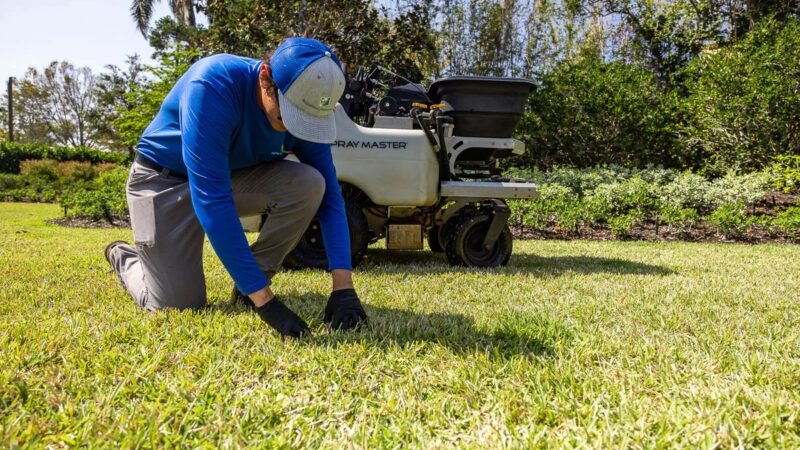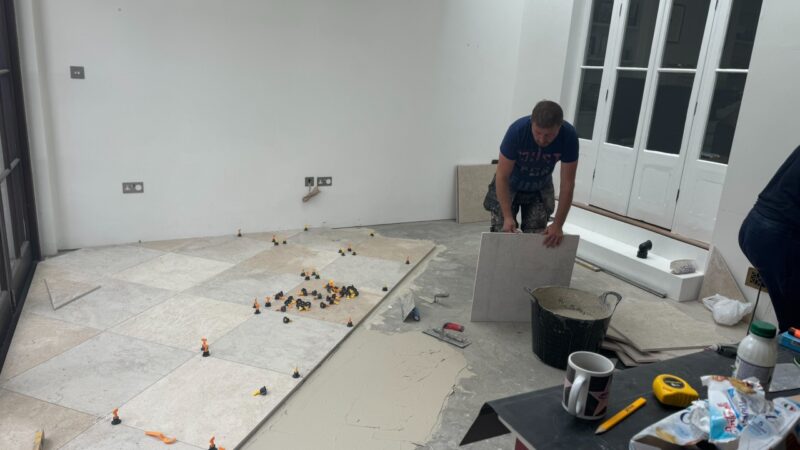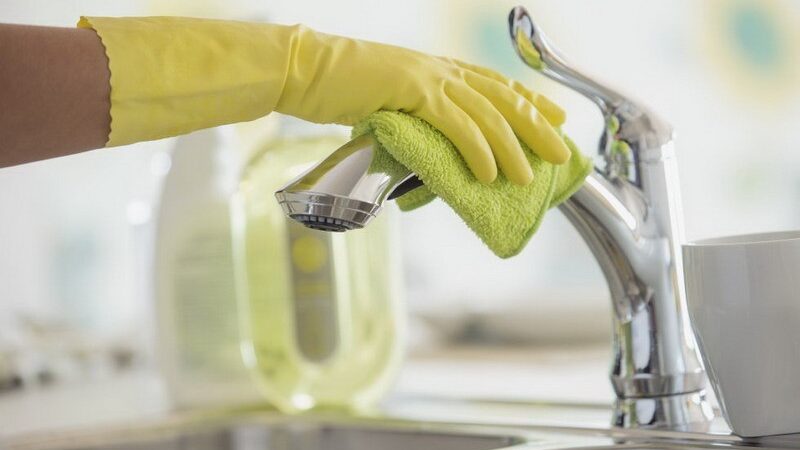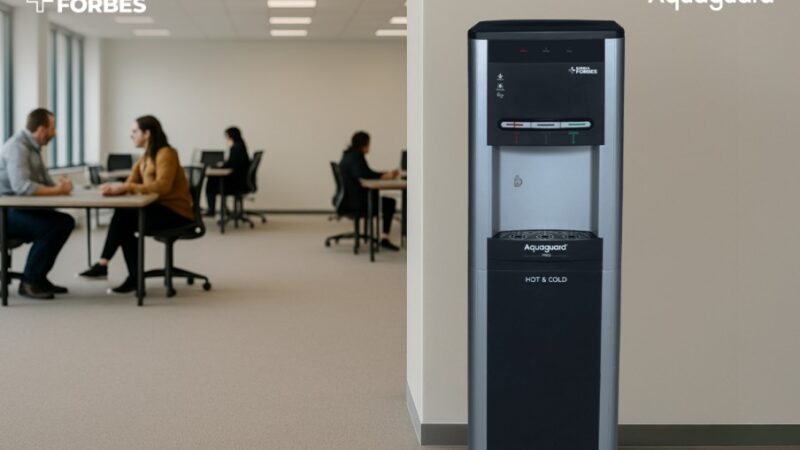The Ultimate Guide to Vinyl Flooring Stylish, Durable, and Affordable
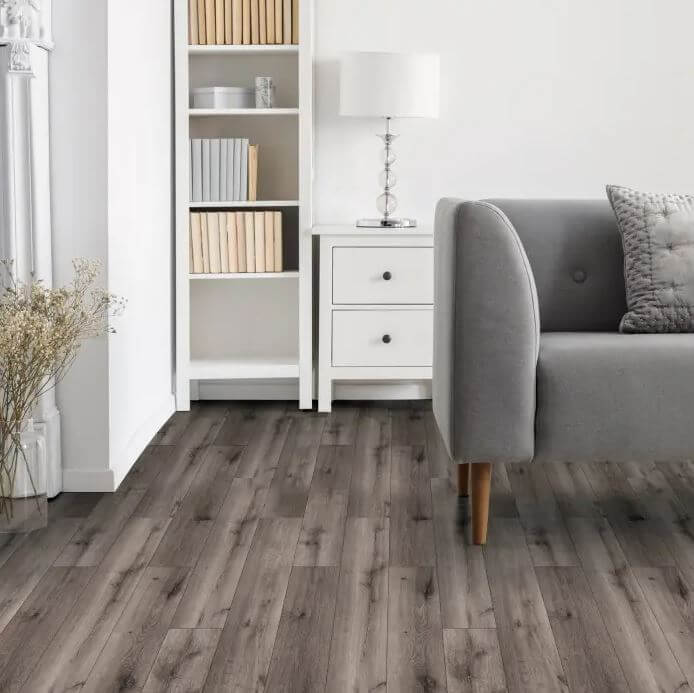
Vinyl flooring has emerged as one of the most popular flooring options for homeowners and businesses alike. Combining style, durability, and affordability, vinyl flooring offers a practical solution for those looking to upgrade their interiors without breaking the bank. In this comprehensive guide, we’ll explore Vinyl Flooring Dubai, what makes vinyl flooring a top choice, its types, benefits, installation process, and maintenance tips.
What is Vinyl Flooring
Vinyl flooring is a synthetic flooring material made primarily from polyvinyl chloride (PVC). It is designed to mimic the appearance of natural materials like hardwood, stone, and ceramic tile while providing enhanced durability and resistance to wear and tear. Thanks to advancements in manufacturing technology, modern vinyl flooring is almost indistinguishable from the real materials it replicates.
Types of Vinyl Flooring
Vinyl flooring comes in several forms, each with its unique characteristics and applications:
Sheet Vinyl Flooring
Sold in large, continuous rolls, sheet vinyl is an excellent option for areas prone to moisture, such as bathrooms and kitchens.
It offers seamless installation, reducing the chances of water seepage.
Vinyl Plank Flooring (LVP)
Designed to resemble hardwood flooring, luxury vinyl planks (LVP) are a popular choice for living rooms, bedrooms, and offices.
planks are available in various sizes and textures, providing a realistic wood-like appearance.
Vinyl Tile Flooring (LVT)
Luxury vinyl tiles (LVT) mimic the look of ceramic or stone tiles. They come in individual pieces, allowing for creative patterns and designs.
Ideal for spaces where aesthetics and functionality are equally important.
Rigid Core Vinyl Flooring
This type includes WPC (wood plastic composite) and SPC (stone plastic composite) vinyl flooring.
Rigid core flooring offers exceptional durability, making it suitable for high-traffic areas and commercial spaces.
Benefits of Vinyl Flooring
Vinyl flooring offers a range of benefits that make it an appealing choice for a variety of settings:
Durability
Resistant to scratches, dents, and stains, vinyl flooring can withstand heavy foot traffic, making it ideal for busy households and commercial areas.
Waterproof Properties
Most vinyl flooring options are water-resistant or completely waterproof, making them perfect for bathrooms, kitchens, and basements.
Cost-Effectiveness
Compared to hardwood, stone, or ceramic tile, vinyl flooring is significantly more affordable while still delivering a high-end look.
Comfort and Soundproofing
Vinyl floors have a softer underfoot feel than natural stone or wood, providing added comfort. Some varieties include soundproofing layers, reducing noise.
Easy Maintenance
Cleaning vinyl flooring is a breeze. Regular sweeping and occasional mopping keep it looking pristine.
Aesthetic Versatility
Available in a plethora of colors, patterns, and textures, vinyl flooring can complement any interior design style.
Installation Process
Vinyl flooring is known for its straightforward installation process, which can be DIY-friendly or handled by professionals. Here are the general steps:
Prepare the Subfloor
Ensure the subfloor is clean, dry, and level. Any imperfections can affect the vinyl’s appearance and longevity.
Measure and Cut
Measure the room dimensions accurately and cut the vinyl sheets, planks, or tiles accordingly.
Lay the Flooring
For sheet vinyl, adhesive is applied before rolling out the material.
Planks and tiles often feature click-and-lock systems, eliminating the need for glue.
Seal the Edges
Seal the edges with caulk or trim to prevent moisture from seeping underneath.
Finish and Inspect
Ensure the vinyl is securely in place and check for any gaps or uneven areas.
Maintenance Tips
To keep your vinyl flooring in top condition, follow these simple maintenance tips:
Regular Cleaning
Sweep or vacuum daily to remove dirt and debris that could scratch the surface.
Mop with a damp cloth and mild detergent as needed.
Avoid Harsh Chemicals
Use cleaning products specifically designed for vinyl flooring to avoid damage.
Use Protective Pads
Place felt pads under furniture legs to prevent dents and scratches.
Manage Spills Promptly
Wipe up spills immediately to avoid staining or water damage.
Limit Direct Sunlight
Use curtains or blinds to protect your vinyl flooring from UV rays, which can cause fading over time.
Lay the Flooring
For sheet vinyl, adhesive is applied before rolling out the material.
Planks and tiles often feature click-and-lock systems, eliminating the need for glue.
Vinyl Flooring: A Sustainable Choice
Many manufacturers are adopting eco-friendly practices in the production of vinyl flooring. Options made from recycled materials and low-VOC (volatile organic compounds) products are increasingly available, making vinyl a more sustainable choice.
Conclusion
Vinyl flooring offers an unbeatable combination of beauty, durability, and affordability. Whether you’re renovating your home or Flooring Dubai outfitting a commercial space, vinyl is a versatile option that delivers exceptional value. With proper installation and maintenance, vinyl flooring can provide years of style and functionality, making it a smart investment for any setting.


